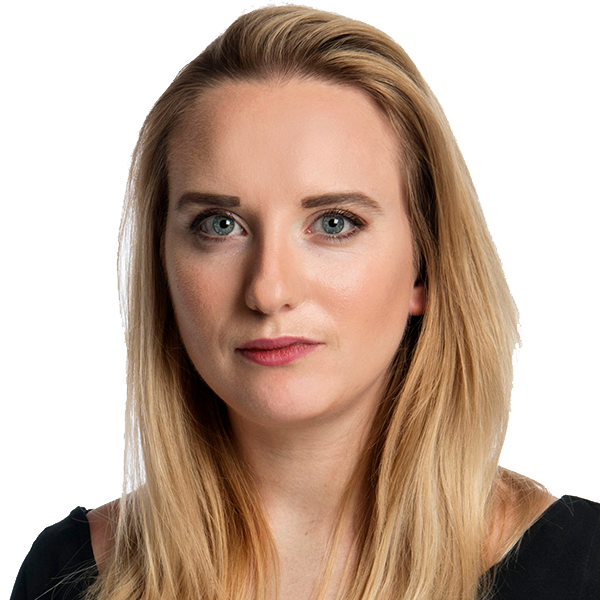London. It originated in the Midlands in the 1990s, and was formed in Östersund.
There was no question but that one day Graham Potter would be standing here.
Graham Potter Not like the others, it never was and never will be.
When others got stuck between different coaching jobs in the British Isles, the old left-back from Solihull chose an unconventional route through Östersund.
He was nurtured as a player in England in the 1990s, at Birmingham, Stoke and West Brom with physical and uncomplicated football.
Formed into a modern coach with the help of his head in reading, his experiences in Sweden and a great curiosity about humans and their evolution.
emphasizes its importance
The latter explains ballet, choral singing, and other unconventional methods used to create stronger Östersunds FK. Players put everything they had on the line, blindly trusting Potter’s judgment. I still remember his last match as Allsvenskan coach, how desperate many of the group were to think of ÖFK without the Englishman.
It almost looks like someone has died. Without Graham, it’s all over, one key player sighed, only to ask on the next breath not to be taken to the risk of looking overly dramatic.
The feedback underscores the importance of Potter and how he consistently manages to push eleven players in the same direction. He did it in Swansea, in difficult circumstances. He certainly did at Brighton, despite the mediocre resources and constant player losses.
But it’s one thing to get Saman Ghoddos, Ken Sema, Alexis MacAllister, and Pascal Gross to follow instructions without the slightest bit of cheating. The dressing room that awaits Graham Potter is unfinished, a mixture of seasoned seniors, (expensive) new signings, and players who have played under the squad. Thomas TuchelAnd the players who barely got it. All with high salaries and in many cases just the same amount of vanity.

The elephant in the room
Then it’s also a good idea to address the elephant in the room (no, not Todd Boehle). The American owners decided to evict Tuchel after only a hundred days, bringing to mind Roman Abramovich’s results-oriented era. Once again, Chelsea seemed to be in the grip of someone who wanted to win fast rather than long term.
The longer he allowed the accident to get wet in his head, the more it seemed that Buhli’s reasons for acting were just the opposite. Over the summer, the owners have picked up a whole host of young talents such as Eddie Beach (Southampton), Omari Hutchinson (Arsenal), Carne Cquimica (Aston Villa) and Cesar Casadey (Inter). 21-year-old Wesley Fofana’s contract runs until 2029, which is a full seven years.
That Boehly now doing something so unusual – in Chelsea’s history – like choosing a more exciting managerial name, rather than an obvious older name, suggests there may be hope for Graham Potter two years on. These 100 days were a kind of warm-up, as Tuchel was sidelined by a lack of cooperation. The American is said to have immediately realized that Potter is not nearly as annoying, and neither Daniel Kindberg nor Tony Bloom need to be called as references.

Impossible to predict
Something that is impossible to predict, however, is how Chelsea will play from now on. About a month ago I visited Ian Burchenal, Potter’s friend and successor at ÖFK. Forest Green Rovers were due to face Brighton in the League Cup and when asked how they intended to face the Premier League side, the answer was:
– Can not prepare. Graham can play 3–4–3, 3-5–2, 4–3–3, 4–4–2…
You get the point.
In the season opener, Potter filled in the gap left by Marc Cucurella (ironically the duo reuniting) by positioning Leandro Trossard as offensive winger/left winger. It’s just one of many examples of Potter’s ability to read players and identify strengths that few others have noticed. Those in the Chelsea squad who have bemoaned having to play ‘off-center’ under Tuchel will be watching as the 47-year-old inventive runs through the door at Cobham.
It is emotional to look back 4-5 years and realize what an incomparable journey the coach has taken. Incredibly, Graham Potter is still the same person when he sat at the ÖFK office or press stand in Thessaloniki. Warm and humble with both feet on the ground. He’s just a Solihull guy, who grew up and took shape in the Midlands and Östersund, and must now guide one of the world’s biggest clubs to new successes.

